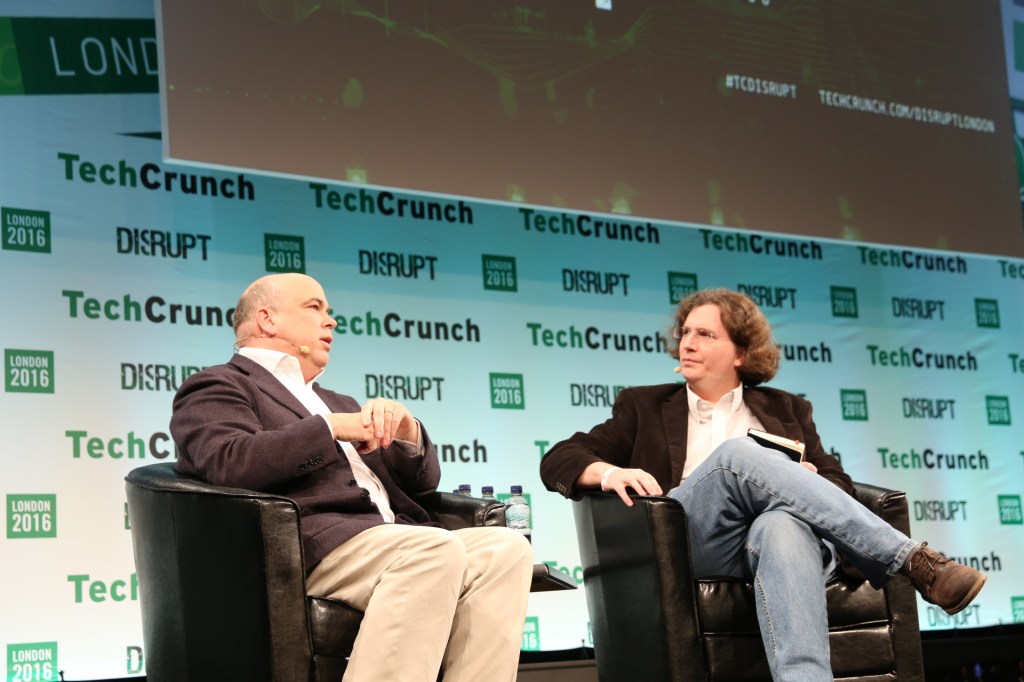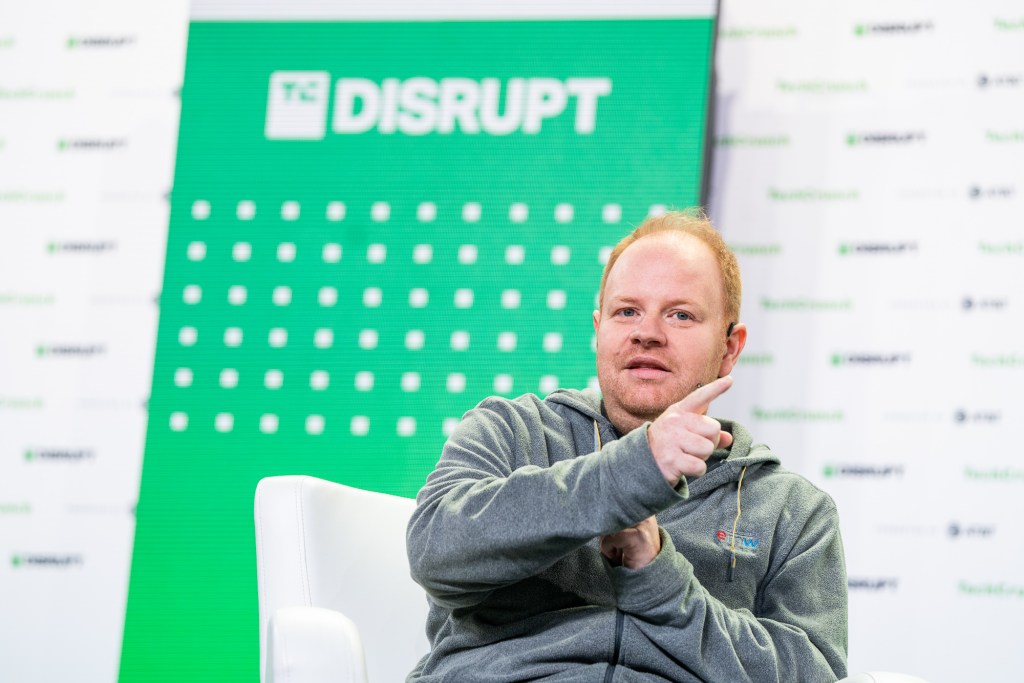The adtech giant formerly known as Facebook is still tracking teens for ad targeting on its social media platforms, according to new research by Fairplay, Global Action Plan and Reset Australia — apparently contradicting Facebook’s announcement this summer when the tech giant claimed it would be limiting how advertisers could reach kids.
Facebook has since rebranded the group business name to “Meta” — in what looks like a doomed bid to detoxify its brand following a never-ending string of scandals.
In the latest problem for Facebook/Meta, the adtech giant has been accused of not actually abandoning ad targeting for teens but, per the research, it has retained its algorithms’ abilities to track and target kids — continuing to maintain its AIs’ ability to surveil children so it can use data about what they do online to determine which ads they see in order to maximize engagement and boost its ad revenues.
So Facebook/Meta stands accused of failing to make a meaningful change to protect some of its most vulnerable users from hyper manipulative marketing — opting instead for a misleading ploy of stripping out a layer of targeting control from advertisers.
Although — in a response to the research — the tech giant denied it is using the tracking data it’s still linking to teens’ accounts to “personalize” ads to under 18s. It didn’t explain why it’s still collecting it, however.
Instagram to default young teens to private accounts, restrict ads and unwanted adult contact
An international coalition of public health and child development groups, human rights organizations and privacy campaigners has made the accusation, writing to Facebook/Meta flagging the findings of the research it commissioned and calling for the tech giant to come clean on how teens are really targeted on its platforms — and actually commit to ending the practice — accusing it in the open letter of misleading both the public and lawmakers.
The researchers found evidence that advertising on Facebook’s platforms continues to be “optimized” for teens by algorithms; and that Facebook/Meta is using surreptitiously harvested information (such as from tracking pixels) about children’s online behaviour to feed its AI-driven ad targeting in order to keep lining its pockets.
Yet back in July — when Facebook/Meta announced (global) changes to advertisers’ ability to target under 18s (on Instagram, Facebook and Messenger) — the tech giant implied targeting would be limited to just age, gender and location, writing then that it would “only allow advertisers to target ads to people under 18 (or older in certain countries) based on their age, gender and location”; and specifying that it was removing previously available targeting options (such as “those based on interests or activity on other apps and websites”).
“[W]hile Facebook says it will no longer allow advertisers to selectively target teenagers, it appears Facebook itself continues to target teens, only now with the power of AI,” the coalition of advocacy groups writes in the letter. “Replacing ‘targeting selected by advertisers’ with ‘optimisation selected by a machine learning delivery system’ does not represent a demonstrable improvement for children, despite Facebook’s claims in July.
“Facebook is still using the vast amount of data it collects about young people in order to determine which children are most likely to be vulnerable to a given ad. This practice is especially concerning, given ‘optimisation’ might mean weight loss ads served to teens with emerging eating disorders or an ad being served when, for instance, a teen’s mood suggests they are particularly vulnerable.”
They go on to warn that if the research findings are correct, “advertising for children is in reality even more personalised on Facebook, Instagram and Messenger.”
The letter comes at an exceptionally awkward time for Facebook/Meta after whistleblower Frances Haugen leaked thousands of pages of internal documents to the press — leading to high profile reporting flagging internal discussions of Instagram’s toxicity for teens, among other excoriating issues.
Haugen has since spent hours giving in person evidence to lawmakers on both sides of the Atlantic — including to the European Parliament where the EU is in the process of finalizing two packages of sweeping digital regulation that will dial up transparency and governance requirements on platforms such as Facebook and Instagram; and apply ex ante rules to the biggest tech giants like Meta.
In recent months, a number of MEPs have been pushing to amend the EU’s draft legislation to include an outright ban on surveillance advertising — in favor of privacy-safe alternatives like contextual ads. And the coalition’s letter and research looks likely to build further support for such a move.
Europe’s digital rules reboot could tame Facebook, whistleblower Frances Haugen tells EU Parliament
The international coalition denouncing Facebook’s “misleading” double-dealing is also calling for a partial end to “creepy surveillance ads” — at least for advertising that’s targeted at young people.
Signatories to the letter include a wide range of civil society advocacy groups, from Amnesty International USA to Fair Vote, UK, Friends of the Earth, Center for Digital Democracy, National Center on Sexual Exploitation, Parent Coalition for Student Privacy, Privacy International, Stop Predatory Gambling and the Campaign for Gambling-Free Kids, Tech Transparency Project and many more.
In the letter, they write that their suspicions over Facebook’s ongoing ad targeting of teens were raised by evidence given by Haugen — citing testimony last month, in front of the U.S. Senate, when she said: “I’m very suspicious that personalised ads are still not being delivered to teenagers on Instagram, because the algorithms learn correlations. They learn interactions where your party ad may still go to kids interested in partying, because Facebook almost certainly has a ranking model in the background that says this person wants more party-related content.”
For the report, the researchers analyzed whether Facebook continues to track children’s browsing data and other online activity for ad purposes — looking at Conversion APIs, such as Facebook Pixel and app SPK (which their report notes are “used exclusively to gather information for advertising purposes”) — and finding Facebook was collecting Facebook Pixel26 data from accounts registered to children.
Their method involved the creation of three experimental Facebook accounts — on “clean browsers” — with one registered with the age of a 13 year old and the other two for 16 year olds.
“Our test account browsed a number of webpages containing an embedded Facebook Pixel. As the test account was logged in to Facebook, data about these visits could be identified by Facebook Pixel because of the login Cookie ‘c_user,’” they write.
“Using this Facebook Pixel data, Facebook can collect data from other browser tabs and pages that children open, and harvest information like which buttons they click on, which terms they search or products they purchase or put in their basket (‘conversions’) … There is no reason to store this sort of conversion data, except to fuel the ad delivery system.”
“This demonstrates that Facebook’s ad delivery system is still harvesting children and teenagers data,” the researchers conclude, going on to argue that Facebook/Meta removing advertisers’ ability to target kids but maintaining tracking so its AI can infer correlations for targeting does not represent any kind of improvement — nor the claimed “precautionary approach” Facebook/Meta claimed it would be taking this summer — and suggesting it may in fact be worse (not least because targeting of teens is entirely obfuscated).
“Facebook’s ad delivery system continues to harvest teens’ data for the sole purpose of serving them surveillance advertising, with all the associated concerns,” they add. “Replacing ‘targeting selected by advertisers’ with ‘targeting optimised by AI’ does not represent a demonstrable improvement for children in the way that Facebook characterised this in both their initial announcement and [Facebook’s global head of Safety Ms Antigone] Davis’ Senate testimony. It is, in all likelihood, worse.”
In the letter, the coalition points out that Facebook/Meta has itself acknowledged the harms of surveillance advertising for kids — hence taking the step of limiting how advertisers can reach children.
However if it has not actually stopped tracking and targeting kids with ads then there is no meaningful change — and this summer’s gesture looks like (yet) more misleading marketing from the company’s 24/7 crisis PR department.
Facebook/Meta was contacted for comment on the research and the coalition’s letter.
A spokesperson sent this statement — denying that the tracking data the coalition found being associated with teens’ accounts is used for targeting teens with ads, even though Facebook/Meta has still received it, stored it and linked it to the user — claiming:
“It’s wrong to say that because we show data in our transparency tools it’s automatically used for ads. We don’t use data from our advertisers’ and partners’ websites and apps to personalize ads to people under 18. The reason this information shows up in our transparency tools is because teens visit sites or apps that use our business tools. We want to provide transparency into the data we receive, even if it’s not used for ads personalization.”
In her evidence to lawmakers in recent weeks, Haugen has repeatedly suggested there may be no such thing as safe ‘AI-driven’ social media for young teens, given pressures faced by children whose brains are still developing — warning that Facebook’s algorithms are profiting by exploiting the mental health of vulnerable teens.
In a section of the Fairplay report on surveillance advertising and children, the researchers also warn that surveillance advertising intensifies the manipulation of children through what they describe as “a huge asymmetry of ability and information.”
They go on to cite what they describe as “emerging evidence” that children and young people resent being targeted by surveillance advertising — pointing to a recent Australian poll finding that 82% of 16 and 17 year olds have “come across ads that are so targeted they felt uncomfortable.”
The report also notes other findings, such as that a majority (65%) of Australian parents reported being “uncomfortable” with businesses targeting ads to children based on info they have obtained by tracking a child online; and an overwhelming majority (88%) of U.S. parents believe “the practice of tracking and targeting kids and teens with ads based on their behavioral profiles” should be prohibited.”
With an excoriating global glare of attention on the workings of its ad tools, Facebook announced another change earlier this month — saying it would no longer allow advertisers to target political beliefs, religion and sexual orientation.
However it did not say it would stop tracking users’ online activity and feeding that data to its ad-targeting algorithms — meaning its AIs will be able to identify proxies that can be used to carry on that kind of sensitive targeting, just in a less transparent fashion. Facebook was also very keen to reassure advertisers that they could still use alternative tools it offers for granular targeting of users — such as engagement custom audiences and lookalike audiences.
So Meta’s internal “reforms” look intended to maintain its ad empire’s intrusive (and lucrative) targeting capabilities — while shielding its business from accusations of exploitation, manipulation and intrinsic data-fuelled harm.
Facebook will no longer allow advertisers to target political beliefs, religion, sexual orientation
































Comment